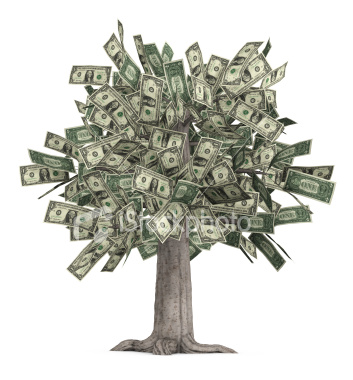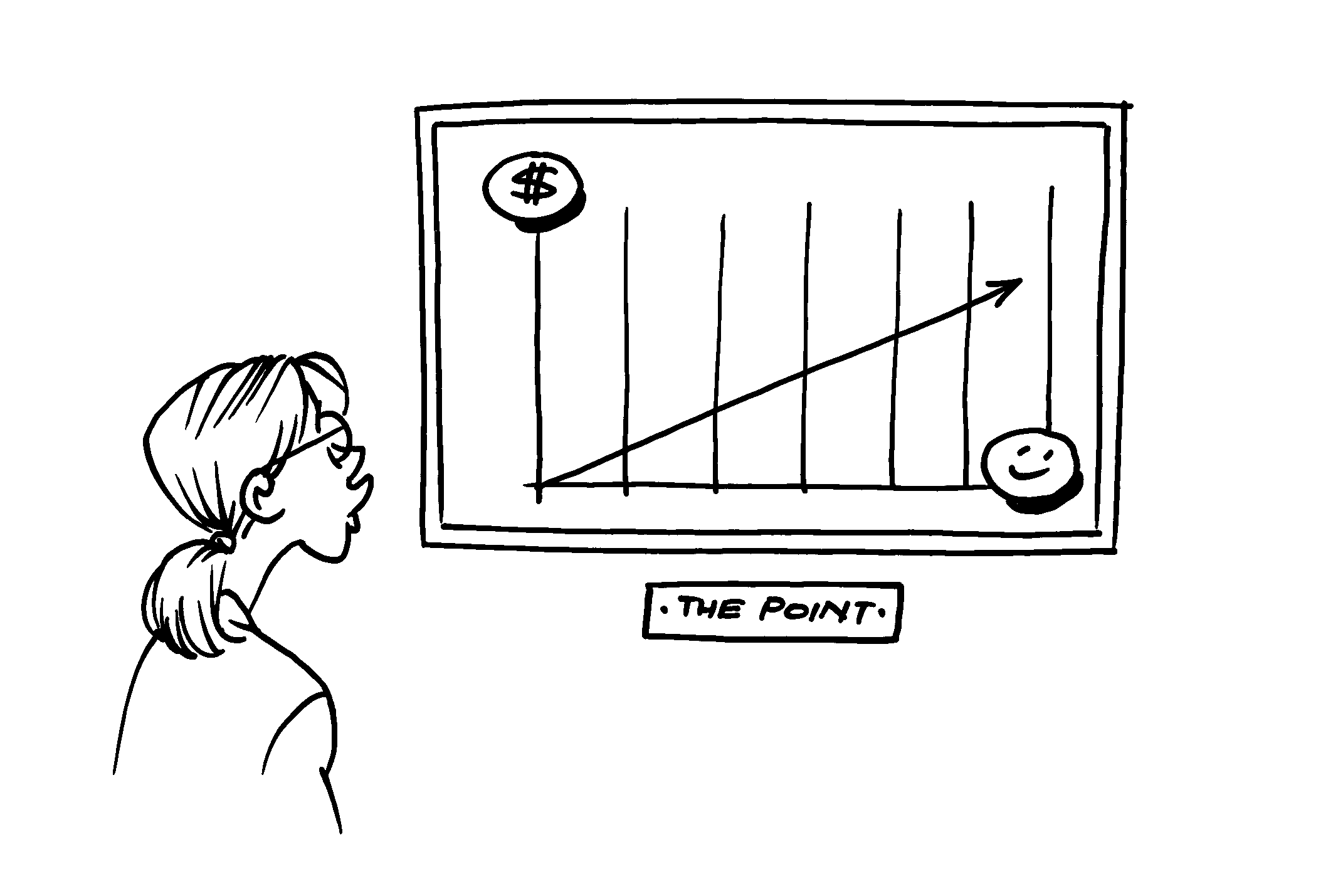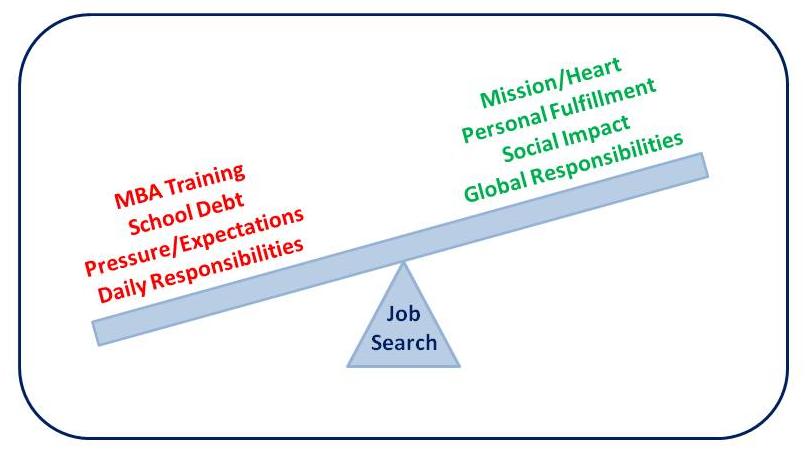Engaging Your Employees in CSR
/
 In the grand scheme of things, Corporate Social Responsibility is still an emerging field, which means that everything – from general strategy to best practices – is still being solidified.
In the grand scheme of things, Corporate Social Responsibility is still an emerging field, which means that everything – from general strategy to best practices – is still being solidified.
One of the questions that is still debated quite often in the CSR community concerns the “business case” for this kind of work.
In a world where business decisions need to be justified through sound reasoning and quantitative measurements, it can be tough to explain why “doing good” is important.
I’ve tried to tackle this question in past posts, and the fact that I’m bringing it up again I think is proof that the jury’s still out on this one. Nonetheless, I did just hear one perspective on the topic that I thought was worth sharing with you.
Bob Willard is a sustainability author whose “claim to fame” (as he put it) is the quantification of the bottom-line benefits that companies can enjoy through CSR. He recently presented his ideas on the value of CSR as part of a Net Impact Issues-in-Depth call that I was lucky enough to listen to.
Bob started by laying out his general framework for the case for CSR, otherwise known as The 3 R’s:
- Risks
- Responsibilities
- Rewards
The first category, Risks, is pretty obvious and serves as the most direct justification for engaging in CSR. From managing regulatory changes to preparing for the potential depletion of certain natural resources, corporations must consider what risks they face and how CSR might help mitigate exposure to those risks.
The next category, Responsibilities, really speaks to the new wave of expectations surrounding corporate involvement in the community and the environment. Whether from consumers, the media, NGO’s or even employees, there is clearly pressure being put on companies to be active and engaged in society – with reputation, loyalty and credibility at stake.
Yet it was the third ‘R’ – Rewards – on which Bob focused. As Bob put it, “There are surprisingly big rewards for taking up responsibility expectations and mitigating risk”.
In fact, according to Bob’s calculations (which he called conservative), these rewards can be sizeable for both large corporations and small-to-medium businesses, who can expect to earn at least 38% and 66% more profit, respectively, through CSR programs.
Not surprisingly, the biggest area of CSR reward comes from the eco-efficiencies created in sustainability programs (ie: saving water, reducing waste, etc).
What comes next? Interestingly enough, the second biggest reward opportunity comes through employee engagement in CSR programs. Whether through reduced recruiting and attrition costs or increased employee productivity, the HR benefit of CSR is not to be overlooked.
Now, we all know anecdotally that CSR improves morale, reduces turnover, and generally leads to more satisfied employees. What’s cool about what Bob has done is that he’s actually put numbers behind these assertions and provided the calculations that prove these rewards.
Admittedly, I’ve never been great at statistics – but when Bob presented a regression analysis showing a correlation (R² = .57) between employee engagement and CSR activities, I just about swooned!
While I’m not going to repeat everything Bob presented, you can check out his website to see presentations and spreadsheets that show the numbers behind his ideas. In general, Bob's overall point was that employee engagement drives business results (after all, happy employees beget productive employees) – and that CSR is one big way to dramatically improve the recruitment, retention and satisfaction of employees.
 Thus, in essence, CSR leads to engaged employees which leads to increased returns for business. And voila - the business case for CSR in a nutshell!
Thus, in essence, CSR leads to engaged employees which leads to increased returns for business. And voila - the business case for CSR in a nutshell!
As a job-seeker and future engaged employee, this assertion rings true for me. Nonetheless, if you’re still doubtful, I’ll leave you with some of Bob’s statistics as food for thought:
Recruiting
- 40% of MBA grads rated CSR as a an “extremely” or “very” important company reputation measure (Hill & Knowlton Jan 08)
- MBA grads will sacrifice an average of $13,700 in annual salary to work for a socially responsible company (2003 Stanford University study)
Retention
- 83% of employees in G7 countries say their company’s positive CSR reputation increases their loyalty (GlobeScan 2006)
- 57% of employees say their company’s CSR reputation is a factor in retaining them (Towers Perrin-ISR global survey 2007)
Productivity
- Fully engaged employees are 2.5 times more likely to exceed performance expectations than their “disengaged” colleagues (Hay Group website, May 2009).
- At Best Buy, a 2% increase in employee engagement at one of its electronics stores corresponds, on average, to a $100,000 annual rise in its sales (Business Week, “The Case for Optimism,” August 13, 2009).
So what do you think? Is employee engagement a compelling motivation for CSR at your company? Is this an argument that wins over senior company leaders? I'm curious to hear your thoughts.









